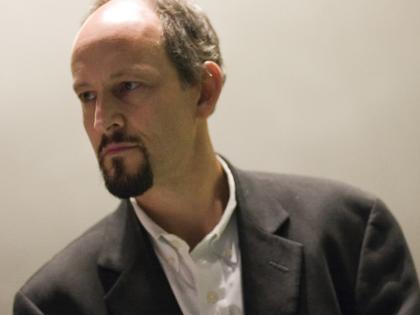Slow down, please, said community members comprising the Harvard-Allston Task Force. May we take things one at a time? Of course, said Harvard.
The University announced in December that it wished to build a new museum of modern and contemporary art at 224 Western Avenue in Allston and begin construction work quickly—this fall. (The Harvard University Art Museums urgently need the new facility as part of a plan to vacate and rebuild the aged Fogg Museum building in Cambridge; see “New Museum on Fast Track,” March-April, page 62.
The University submitted a project proposal for the Allston museum to the Boston Redevelopment Authority (BRA) on December 15 for review by members of the public in general and by the Harvard-Allston Task Force in particular. In its January 24 response to the BRA, the task force raised numerous concerns, among them that the building was too large for the site and too small for the community and public-education programs essential to the project.
At the same time, the task force had been asked to consider and react to Harvard’s well-advanced plans for four interconnected buildings reaching 120 feet in height and totaling 695,000 square feet of floor space—the start of a vast science complex to rise in Allston, on which construction might begin this year (“An Allston Metamorphosis?” November-December 2006, page 66). Additionally, on January 11 the University released its master plan to transform Allston (“Harvard’s 50-Year Plan,” March-April, page 58), beginning a mandatory yearlong public review of the campus-building project.
“There are too many documents, too many deadlines,” said task-force chair Ray Mellone at a public meeting on February 28, according to the Crimson. “It makes it impossible for the task force to actually scope specific projects.” The day before, he reported, task-force leaders meeting with representatives of Harvard and the BRA had asked the University to put its planning for the art museum on hold. Harvard had little choice but to agree. While review of the 50-year master plan was underway, it had sought expedited permits for the science complex and the art museum, and neighborhood reaction to both had been critical on the grounds that neither meets the criteria—concerning height, in particular—negotiated earlier with neighbors. Harvard is treading carefully because it does not wish to risk alienation over the larger plan.
Mellone said that the request to halt the project was not motivated by opposition to the museum concept, but only by concern that meaningful public debate was difficult with so much happening at once and in such a short period of time. “We’ve asked the community to digest a lot,” agreed Kevin McCluskey, Harvard’s director of community relations, who attended the meeting. “We will be putting the art discussion back at least a few months.”
The task force and its Harvard respondents will now focus attention on the science project, and after the give and take, when those plans are final—perhaps in May?—the community will be asked to revisit the art museum.






